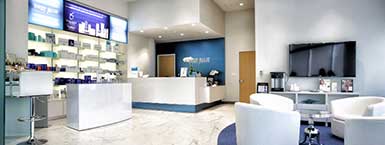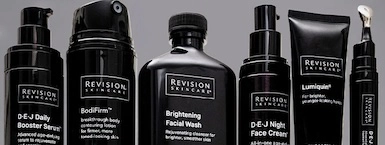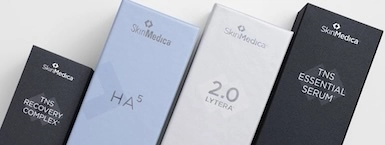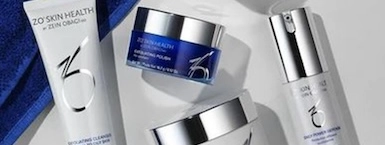Let’s Talk Retinol

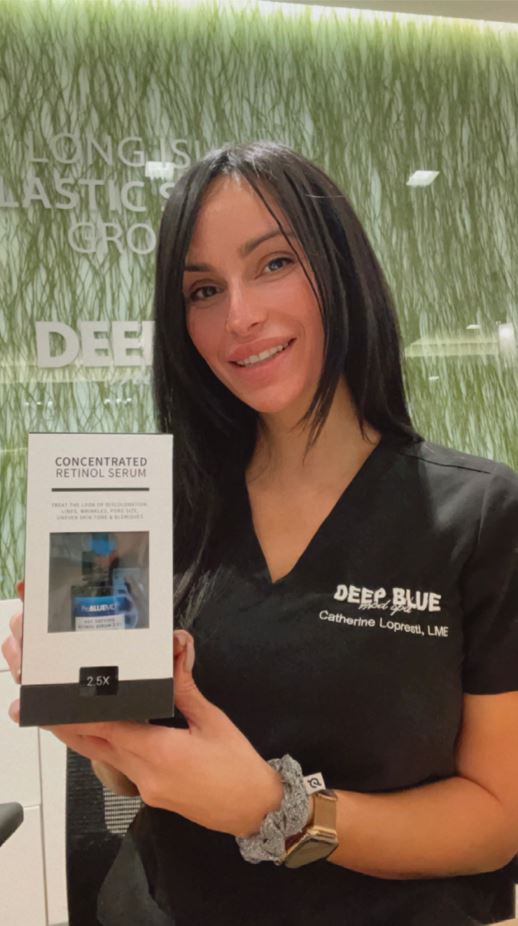
When it comes to skincare we’re clear in our belief that one size does not fit all. However, in addition to creating an individualized regimen for your needs, it is also necessary to address how those needs change throughout the year. Given that your skin is a living organ, it is subject to the effects of both internal and external factors. While stress, diet, hormones, and sleep are one area of the conversation, environmental changes like air pollution, weather, and sun exposure are also important to keep in mind.
Because the fall season tends to represent a drop in temperature (at least for us in New York), we often use this time of the year to dive into skin repair. This means addressing sun damage and hyperpigmentation, as well as re-introducing more powerful anti-aging treatments and products.
It’s no secret that retinol is one of the industry’s most beloved skincare powerhouses, especially in the fall. Unfortunately, what many patients do not know is that all retinol products aren’t exactly created equal. To break things down our talented medical aesthetician and all around skincare guru, Catherine Lopresti, is answering some of your most commonly asked questions.
Keep reading for the inside scoop!
What is retinol?
CL: Retinol is a product that contains a derivative of vitamin A. It is typically sold as a liquid serum, gel, or cream, and is applied topically.
What does retinol do?
CL: The main purpose of retinol is to increase the rate of skin cell turnover. This process involves the rapid shedding of older cells that can typically cause clogged pores or dull complexion. In place of those cells are newer, plumper cells that stay closer to the surface of the skin for a glowing complexion. When used long term, retinol can help to increase collagen and elastin. (This is why we consider it a great tool for anti-aging!)
What is the difference between over-the-counter (OTC) retinol and medical grade products?
CL: Retinols that are sold over-the-counter at your local drug store are typically buffered with other ingredients and offer much lower strengths than those sold in a medical setting. For example, products like our ProBLUE MD Age-Defying Retinol Serum and our Body Tightening Retinol Cream are formulated with all-trans retinol, which is less irritating to the skin, and more effective in terms of collagen production.
When it comes to medical-grade products there is also a quality control element that helps to ensure that the products you are investing in meet a specific standard. Every bottle has to have the same level of active ingredients, so you can rest assured that you are receiving exactly what is being marketed to you.
How to use retinol?
CL: We typically recommend retinol be used during a patient’s evening routine (unless your provider has you on a more aggressive regimen for stubborn skin conditions). To apply, massage a small amount into the skin, avoiding the eyes and neck. I generally also advise patients to use this product last.
Who shouldn’t use retinol?
CL: Those who are pregnant or breast-feeding, as well as anyone who is or has used Accutane in the last 6 months should avoid all retinoids.
What else should patients and consumers keep in mind when it comes to retinol?
CL: All retinoids come with side effects and reactions. These are most often anticipated, and it is our job as providers to educate our patients so that they can properly manage them. While we do have tips and offer products to help mitigate concerns like dryness or flaking, I still always say that the best way to handle retinol is TIME. Continued use is truly the key to reaping the amazing benefits of retinol. So trust the process, and of course, your provider!


